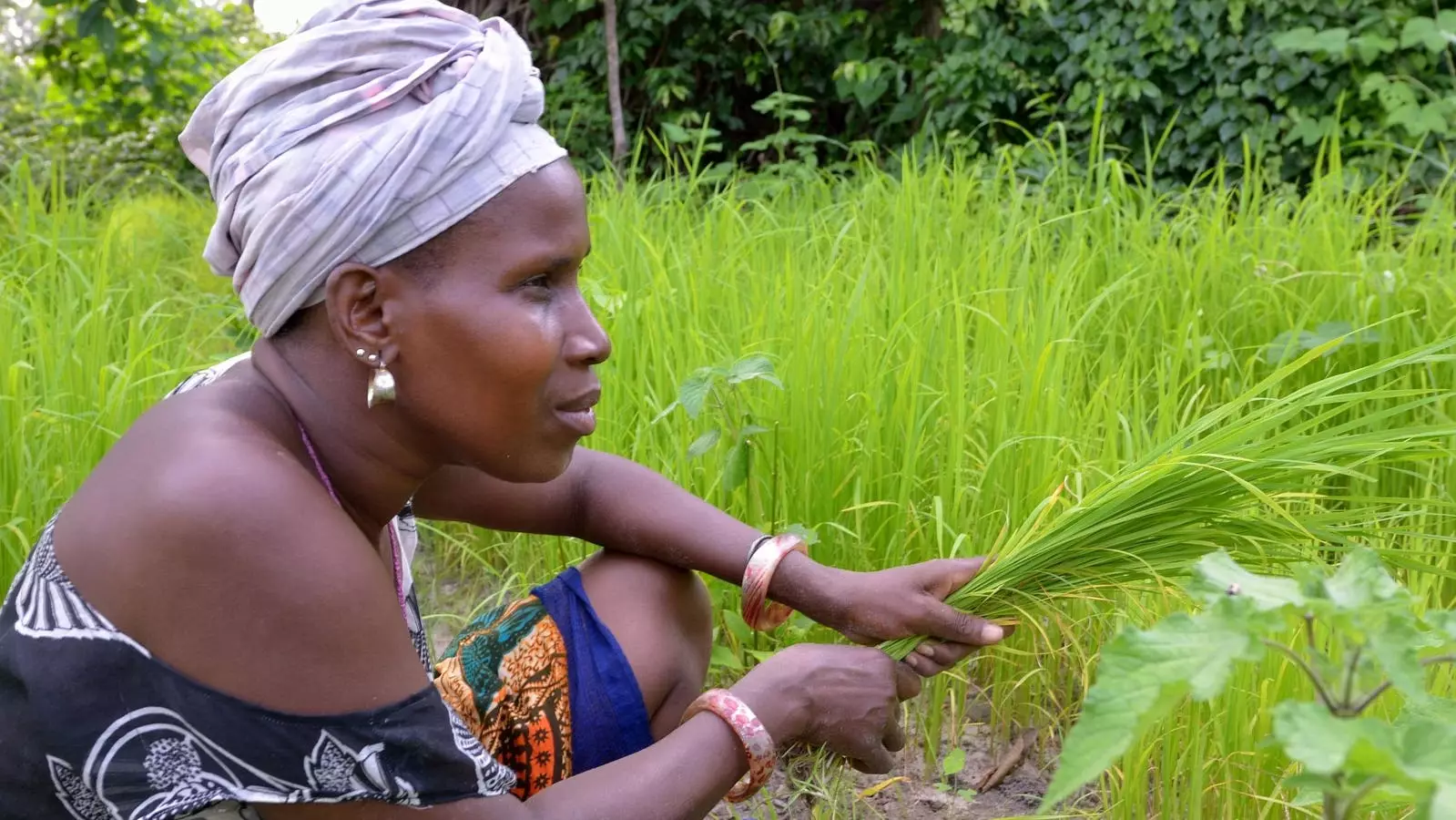The rise in food prices has left more than two out of three households in West and Central Africa unable to afford healthy diets. The impacts of the climate crisis, conflict, and high food prices have led to acute hunger in the region. While foreign aid is often seen as a solution, it is not enough to address the underlying issues. Local non-profits, farmers, and small and medium enterprises are coming together to develop solutions and build resilience in the face of these challenges.
One organization that is leading the way in addressing food insecurity is the West and Central Africa Council for Agricultural Research and Development (CORAF). They are bringing together governments and stakeholders across the region to tackle food insecurity. Instead of researchers coming up with solutions in isolation, CORAF involves farmers from the beginning of the research and development process. They recognize that farmers are knowledge producers and value their input in finding sustainable solutions.
One key initiative is the promotion of local, traditional crops in breadmaking to reduce dependence on imported wheat. Senegal, for example, consumes 8 million baguettes per day and imports over 800,000 tons of wheat annually. By incorporating local cereals into breadmaking, not only can food sovereignty be promoted, but communities can also be nourished with locally grown, nutritious ingredients.
Recognizing the crucial role of women in agriculture, CORAF is working to close the gender gap in research and development. They provide scholarships for women in research, offer capacity-building programs, and ensure that women have leadership roles in research programs. Empowering women in agriculture is seen as critical to building resilient food systems in West and Central Africa.
Since 2008, CORAF has invested in 47 projects across 23 countries and 178 institutions, leading to a 34 percent increase in average income for 4.5 million producers. In the areas they have worked, there has been a 30 percent increase in average yield for dry cereals and a 150 percent increase for rice, fruit, and tubers. Caloric consumption has risen, and hunger periods have decreased significantly. These positive outcomes demonstrate the effectiveness of locally driven initiatives in transforming food systems in West and Central Africa.
Despite the progress made, there is still a long way to go in addressing food insecurity in West and Central Africa. With a record 49.5 million people expected to go hungry this year, there is an urgent need for more support and investment in locally grown organizations like CORAF. By providing the necessary resources and funding, we can accelerate the transformation of food systems in the region and ensure a more sustainable and resilient future for all.

